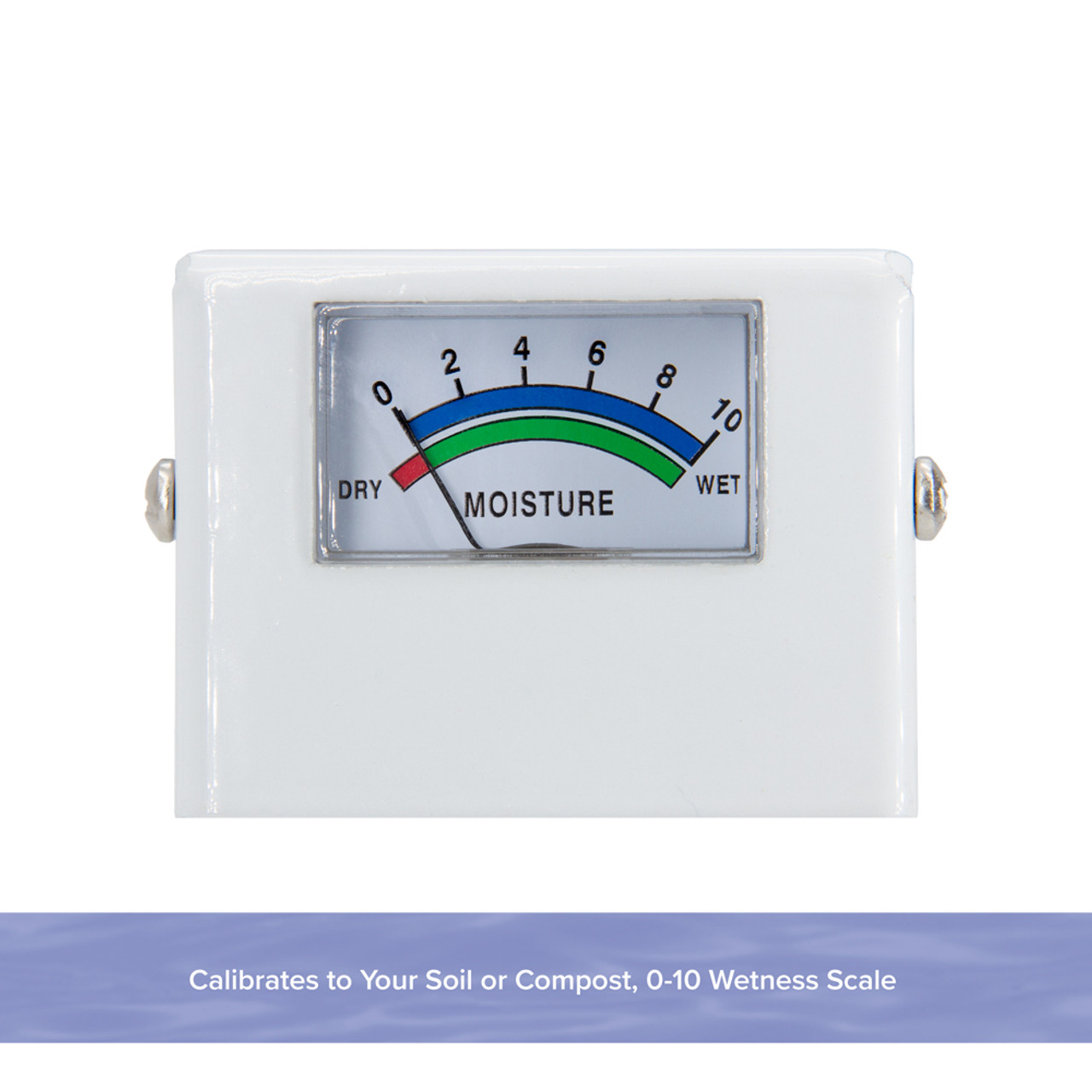How to Use a Moisture Meter to Spot Covert Water Damage in Your Residential property
How to Use a Moisture Meter to Spot Covert Water Damage in Your Residential property
Blog Article
The Ultimate Overview to Moisture Meters: A Comprehensive Summary and Exactly How They Can Conserve You Cash
Wetness meters offer as crucial tools in spotting and checking moisture content in products, helping in preventing costly damages and ensuring the quality of products. Recognizing the nuances of different types of wetness meters, their applications, and the potential cost-saving benefits they offer can be a game-changer for experts and services alike.
Kinds of Moisture Meters
Numerous types of moisture meters are readily available for various applications in various industries. One typical type is the pin-type dampness meter, which measures the electrical resistance in between two pins placed into a material. This kind is appropriate for wood, drywall, and other structure products. Pinless wetness meters, on the various other hand, usage electro-magnetic sensing unit plates to scan a larger location without triggering damage to the material's surface. Moisture Meter. These meters are perfect for swiftly analyzing moisture degrees in big locations such as floors and wall surfaces.

Infrared dampness meters determine the thermal properties of a product to identify its moisture web content non-invasively, making them useful for applications where pin or pinless meters might not be suitable. Comprehending the different kinds of wetness meters offered can assist sectors pick the most suitable device for their particular wetness measurement needs.

Advantages of Utilizing Moisture Meters
Wetness meters supply indispensable benefits in precisely monitoring and assessing wetness degrees in varied products and environments (Moisture Meter). Among the primary benefits of using dampness meters is the avoidance of possible damage triggered by excess wetness. By identifying and attending to high moisture degrees at an early stage, moisture meters assist to avoid mold and mildew development, rot, and architectural damage in structures, saving both money and time on repairs. Additionally, dampness meters help in guaranteeing the quality of materials during construction or manufacturing processes. By properly measuring moisture content, these devices assist preserve the stability of timber, drywall, concrete, and other products, minimizing the danger of failings or issues.
Furthermore, utilizing dampness meters can bring about boosted power effectiveness. By recognizing areas with high moisture degrees, such as leakages or inadequate insulation, adjustments can be made to boost energy conservation and decrease energy costs. In farming setups, dampness meters play an essential duty in optimizing plant returns by making it possible for farmers to check dirt wetness levels and make notified watering decisions. Generally, the advantages of making use of dampness meters cover across numerous markets, offering cost-efficient remedies and promoting better quality assurance techniques.
How to Pick the Right Moisture Meter
When picking a dampness meter, it's important to make sure that the meter is suitable for the details product you will certainly be screening. Different products have varying electric residential or commercial properties that can impact moisture analyses, so choosing a meter designed for your material is important for accurate results. By thoroughly reviewing these factors, you can choose a moisture meter that meets your requirements and supplies exact moisture measurements for your projects.
Proper Techniques for Wetness Meter Use

Price Savings Via Wetness Meter Applications
How can the calculated use of wetness meters cause considerable cost savings throughout numerous markets? Moisture meters play an important function in expense savings by protecting against possible damage and guaranteeing quality assurance in various markets. In the farming sector, dampness meters help check here in identifying the optimal time for collecting crops, preventing excess or over-drying dampness that can affect the end product's high quality. This precise surveillance assists farmers avoid unneeded losses and maximize their return.
In a similar way, in construction, wetness meters assist prevent expensive problems by finding moisture levels in structure materials, such as wood or Related Site concrete, which can lead to structural concerns if not dealt with without delay. By identifying issue locations early on, contractors can take rehabilitative steps to stay clear of extensive repair work or substitutes, inevitably saving time and cash.
Moreover, in the food handling industry, wetness meters are crucial for keeping an eye on item quality and guaranteeing conformity with safety guidelines. By properly gauging moisture content in food products, makers can protect against wasting, preserve quality, and lower waste, causing substantial price financial savings. Overall, the tactical application of moisture meters is a useful financial investment that can bring about significant price decreases and boosted performance throughout different sectors.
Verdict
To conclude, dampness meters are beneficial devices for gauging and finding dampness degrees in different materials. By utilizing the right moisture meter and following proper methods, individuals can efficiently avoid pricey problems brought on by excess dampness. Buying a top quality moisture meter can bring about significant expense savings in the future by recognizing prospective issues early and allowing timely removal. Eventually, moisture meters are essential tools for maintaining the honesty and durability of materials and structures.
Wetness meters serve as indispensable devices in identifying and keeping an eye on moisture content in materials, assisting in avoiding expensive problems and guaranteeing the quality of products. Infrared wetness meters gauge the thermal properties of a material to identify its dampness content non-invasively, Get More Information making them helpful for applications where pin or pinless meters might not be suitable.Wetness meters use important advantages in precisely assessing and keeping track of moisture degrees in varied products and settings. In agricultural settings, moisture meters play an important role in enhancing crop returns by making it possible for farmers to check soil moisture levels and make informed irrigation decisions.In final thought, wetness meters are beneficial devices for detecting and measuring moisture levels in different materials.
Report this page